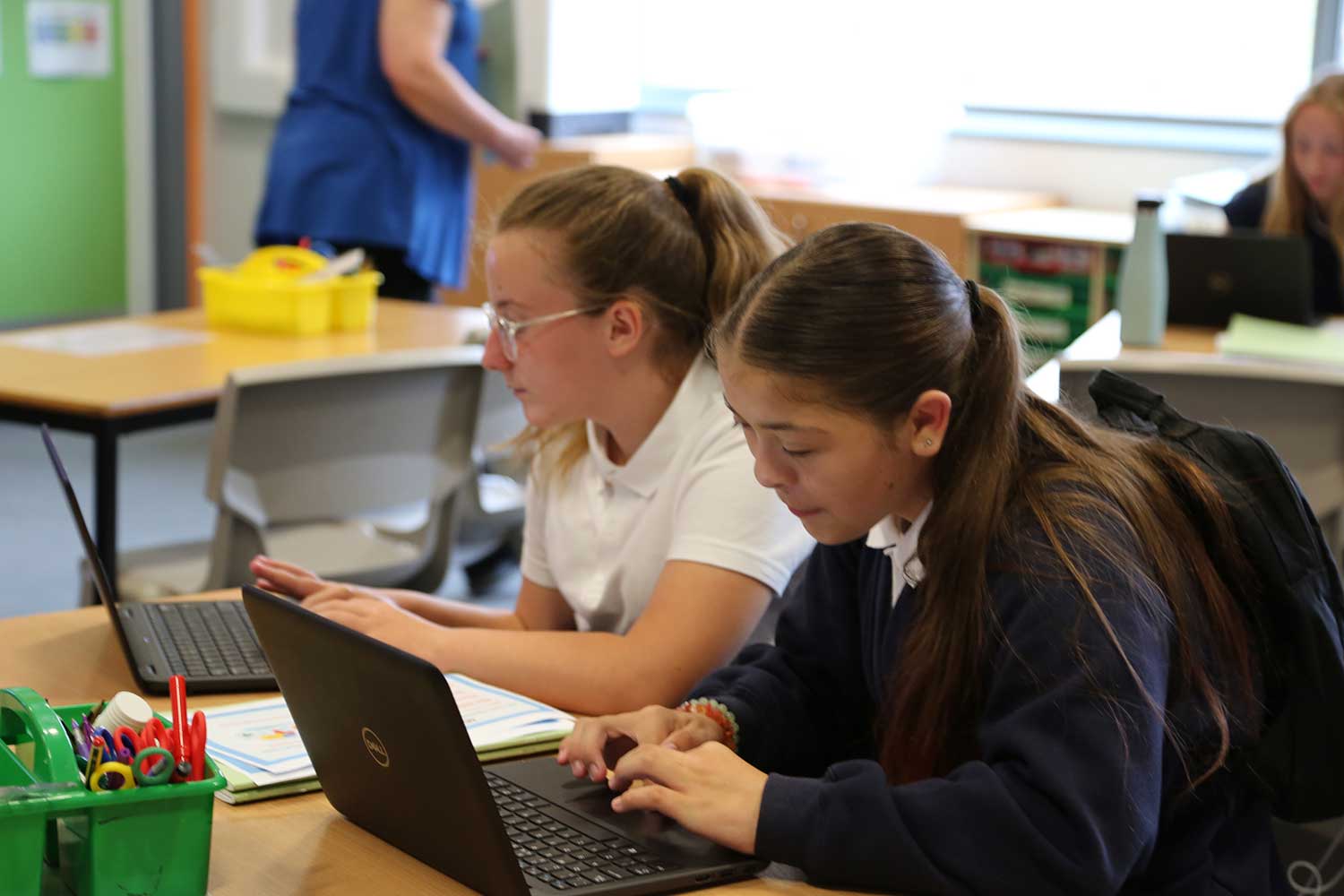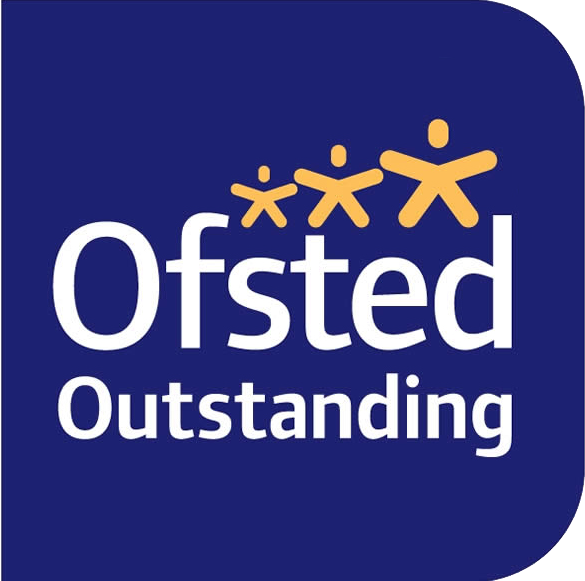History
Intent:
History lessons in Bank View School enable pupils to develop their awareness of the past in Britain and the wider world. Lessons promote the development of basic skills such as maths, reading, writing, speaking and listening and help pupils understand the actions of individuals and appreciate diversity.
The History lessons inspire, enabling pupils to encounter heroic individuals who have overcome many obstacles to triumph. It develops skills which enable pupils to appreciate and interpret artefacts from the past and understand how their predecessors lived. History is entertaining and fun – full of drama, tragedy, comedy, suspense and mystery. It is a subject which can bring lasting pleasure beyond school and into adult life. History helps pupils to understand the complexity of people’s lives, the process of change, the diversity of societies and relationships between different groups, as well as their own identity and the challenges of their time.
Implementation:
Linking to the national curriculum the history curriculum at Bank View builds on knowledge from carefully selected key concepts. History is allocated one lesson per week and is taught on a termly basis. A variety of teaching approaches are used to enable pupils to develop their interests and skills in History – these include: speaking and listening activities, role play, the handling of real and replica artefacts, examination of historical texts and images, creation of models, use of audio / visual resources – viewing contemporary films, documentaries, feature film extracts, field work / site and museum visits etc. All pupils are taught how to undertake their own research, find, collate and present information using pictorial, textual and on-line information sources. As skills develop pupils are shown how to interpret findings, understand cause and effect and draw conclusions as to why people in the past acted in the way that they did as well as understanding that history could have changed if people had acted in a different way. Teaching will combine breadth and depth study to help pupils understand both the long arc of development and the complexity of specific aspects of the content. Pupils are taught about the development of Church, state and society throughout the ages. Pupils who decide to continue their learning within humanities will work towards the WJEC Entry Pathways qualification.
Impact:
Pupils should have an outline knowledge of the History of England from Medieval time to the present day and a knowledge of key world events providing a basic framework of historical information. Pupils should feel stimulated to investigate other aspects of history which they may encounter for pleasure and personal interest. The research and interpretation skills developed in history are transferable to other subject areas within both school and the wider world in later life. Pupils will understand aspects of the development of Church, state and society throughout the ages through a curriculum that builds on prior knowledge linking to key historical concepts.
Geography
Intent:
The geography curriculum at Bank View School aims to inspire pupils with a curiosity and fascination about the world and its people that will remain with them for the rest of their lives. Geography lessons equip pupils with knowledge about diverse places, people, resources, natural and human environments, together with a deep understanding of the Earth’s key physical and human processes.
As pupils build on knowledge, they make progress against the national curriculum and carefully selected key concepts. Their growing knowledge about the world should help them to deepen their understanding of the interaction between physical and human processes, and of the formation and use of landscapes and environments.
Our pupils should gain confidence and practical experiences of geographical knowledge, understanding and skills that explain how the Earth’s features at different scales are shaped, interconnected and change over time. Geography develops cross curricular skills in maths, reading, writing, speaking and listening and enables pupils to the appreciate diversity of cultures around the world
Implementation:
Geography teaching features the use of role-play, ICT resources, small and whole group work that encourages both individual and collaborative group investigations and research.
It is intended to maintain a balance between formal instruction and enquiry to build on pupils’ existing experiences whilst progressively developing pupils’ geographical vocabulary, key concepts and skills. A wide variety of resources are used: audio / visual resources, textbooks, atlases, maps, objects / artefacts, photographs, maps, visitors, buildings, sites, I.C.T. multimedia, on-line resources such as Google Earth. Google Street View etc. If pupils want to continue their learning in geography, they can choose to work towards gaining a WJEC Entry Pathways qualification at KS4.
Impact:
Pupils will have developed a variety of useful practical skills which include the use of maps, compasses and Geographic Information Systems. They should be able to understand physical processes such as weather and climate and the evolution of the landscape as well as human issues such as population, urbanisation and be aware of their need to care for the environment through a curriculum that builds on prior knowledge linking to key geographical concepts. Pupils will have a knowledge of the World’s continents and oceans as well as the location of the many countries of the world which will be of benefit to them beyond school and into later life








